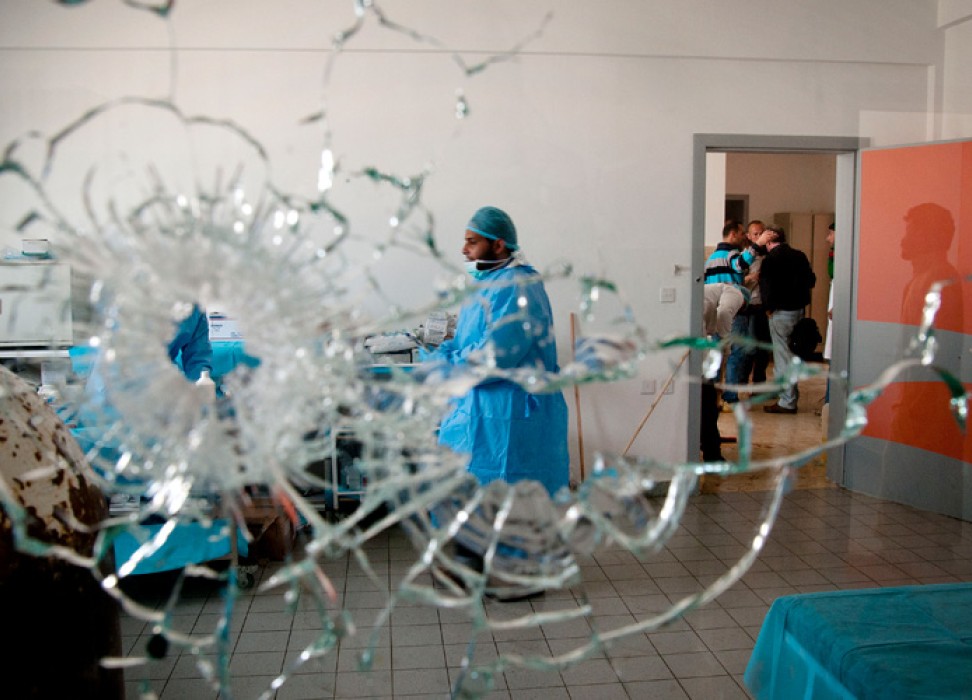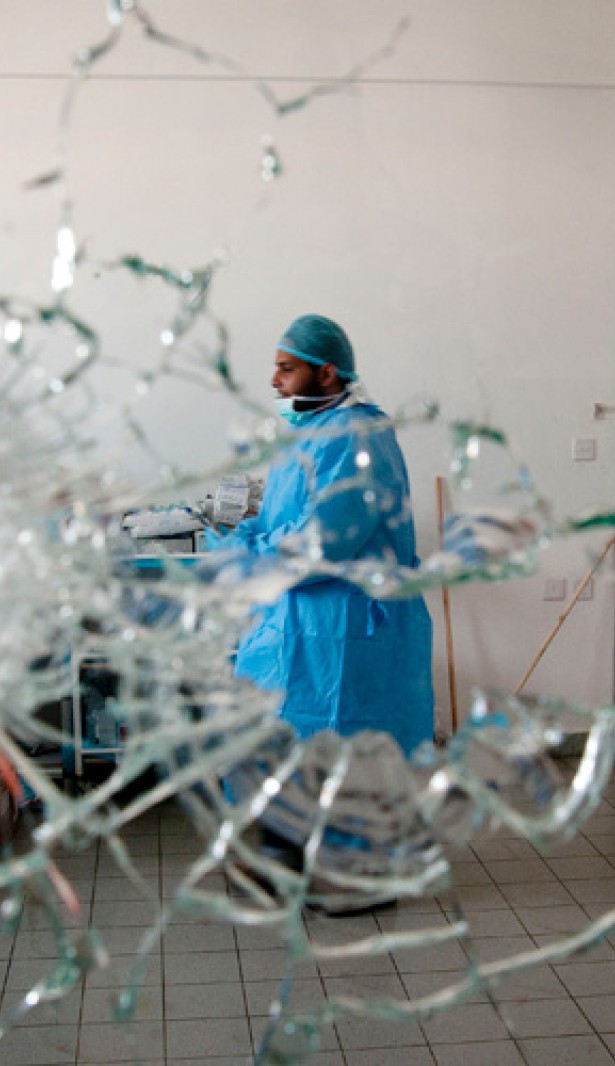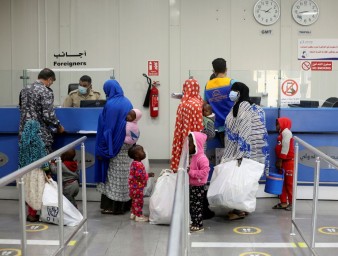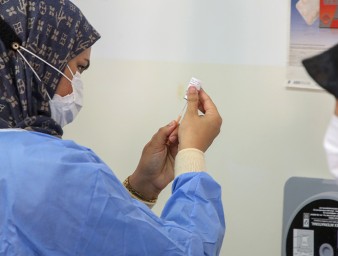Libya: Health care under attack in conflict
23 May 2018

Hospitals are supposed to be places for healing and safety, but in much of Libya, they are another casualty of an increasingly damaging conflict. Buildings are targeted, equipment looted and medical personnel threatened, intimidated, attacked and kidnapped.
“An armed man was pressuring a doctor to immediately take care of his relative,” an employee of al-Zawiya’s main hospital recounted. The hospital is located in the north western part of the country. “The doctor tried to explain that there were other, more urgent cases. The fighter took out his gun and fired a bullet.”
The continued violence against medical facilities and personnel has had a devastating impact on the delivery of health care in Libya, a new UN briefing shows.
“Libya: Health-care under attack” is a joint report by the United Nations Support Mission in Libya (UNSMIL) and the UN Human Rights Office. Looking at one year in the conflict in Libya (1 May 2017 to 1 May 2018); it highlights the vulnerability of health services in the country to attack.
For example, over this time period, hospitals and other medical facilities were shelled or caught in the cross fire between warring sides, leading to death, structural damage and temporary closures. Medical facilities have been looted, the report states.
“Armed men regularly steal items from the hospital,” said an employee at the al-Zawiya’s main public hospital. “Sometimes, injured fighters insist on taking their hospital beds back to their homes after they are discharged. Nobody has the power to stop them.”
By highlighting what is happening, it is hoped that some medical facilities and personnel could be spared, said Matilda Bogner, who heads the UN Human Rights Office Transitional Justice and Rule of Law Division.
“It is important that armed groups are aware of the protected nature of medical facilities and personnel and understand that they can be held to account for attacks against them,” she said. “We noted (in the report) that in many cases where medical facilities were targeted, the attackers were unhappy with the service. But the report highlights how such attacks further hamper medical services, and leave everyone worse off.”
Medical facilities and personnel are supposed to be exempt from interference during conflicts. A UN Security Council resolution passed in 2016 reaffirmed this. Yet, every week health-care workers suffer attacks, and facilities are damaged in conflicts across the globe, according to the International Committee for the Red Cross (ICRC). A recent ICRC report found that from May 2016 (when the Security Council resolution was passed) until today, there have been 1,200 incidents of violence against health care facilities or personnel in 16 countries alone.
To combat this, both the joint UNSMIL/UN Human Rights Office and the ICRC urge armed forces to refrain from attacking civilians and civilian infrastructures, and to investigate incidents of violence against health care facilities and workers and hold attackers accountable.
In Libya, recommendations go further. Commanders of armed groups are urged to condemn violence against health-care facilities and workers and to prevent or at least minimize the impact of fighting on medical care facilities and workers.
And the Government should develop and implement effective measures to prevent and address acts of violence and attacks against heath care providers exclusively engaged in medical duties Bogner said. This could have an immediate effect on the safety of health care buildings and people.
“Highlighting this can also influence the government to act,” she said. “They can put in special protection to secure hospitals in areas where this can be done.”
23 May 2018




